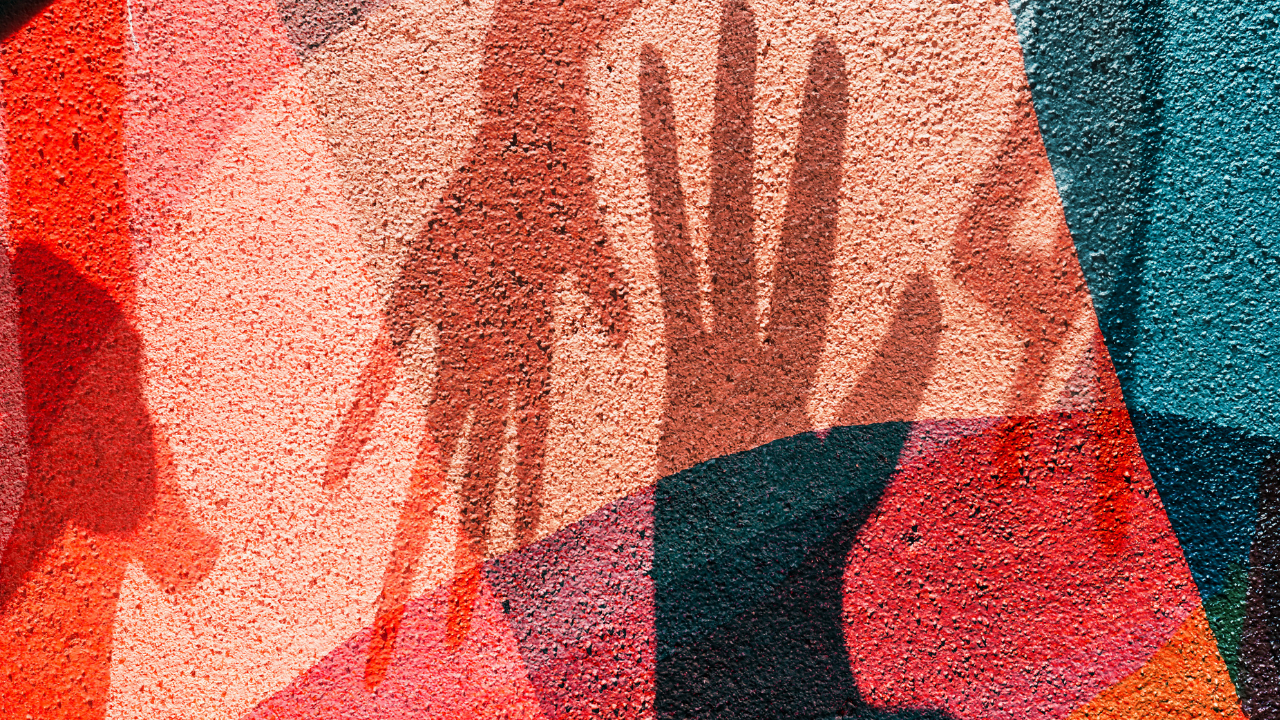path of the storyteller / blog
facing the shadow

Yesterday’s talk of tricksters got me thinking about the archetypal energies that infuse every story. I call them energies because I consider storytelling a form of energy.
If that sounds a bit vague or metaphysical to you, consider this: A story is not its physical form. It is not the book between hardcovers; it is not the film on celluloid or digital data; it is not the little clickable box on your Netflix home page that takes you (at last!) to the new season of The Crown. Now you know what I’m doing this weekend!
Story is a non-physical phenomenon that connects both author-to-reader and reader-to-reader. It’s the deep engagement with fictional characters in a made-up world; the feeling of having taken a journey with those characters and being altered by the trip, just as we are affected by the events of our real lives.
Oral traditions may manifest in written versions that later get made into movies and graphic novels, but which one of them is the story? None of them, really. The...
whoops!

Sometimes my Path of the Storyteller students get that furrowed-brow look. They’re trying to invent, trying to write well, trying to get to the end of a draft, all the while knowing that many revisions will be in store before the book is “done.”
That’s when we talk about the need to be playful. We’re just making stuff up here, people! We writers have total power over what happens on our pages, and a boundless capacity to invent, toss, and invent again. If we do our jobs well, we will have created something that never existed before. A new story! What could be better? There ought to be much joy involved.
It’s a good writing practice, too. As your story picks up pace and builds in intensity, a few well-placed moments of levity are always welcome. This is where a bit of trickster energy might be just the banana peel you’re looking for.
The trickster is one of the common character archetypes that appear in stories throughout history and across cultures. (As ever, I’m indebted to the w...
what’s wrong with you?

Tone is everything, isn’t it?
If I say “what’s wrong with you?” in a rude way, it implies both that I think there IS something wrong with you, and that I have an opinion about it!
Yet a different, warmer, more curious intonation might be an expression of care. I can see something's wrong, and I want to know more.
This kinder, gentler way is the stance we must take toward our protagonists. I like to call them heroes, for reasons that will be made clear as these tips progress. Protagonist, main character, hero — look, you know who I mean. Your story is bound to have one.
And whoever that hero is — something’s wrong. Something is drastically, urgently, things-can’t-go-on-like-this wrong.
It might be something obvious (your horrible uncle hates you and makes you live in a cupboard under the stair, oh and you're an orphan too, long story! ) — or more subtle (you don’t actually mind being a furry-toed homebody who only cares about social status and keeping your hobbit-hole tidy, but y...


